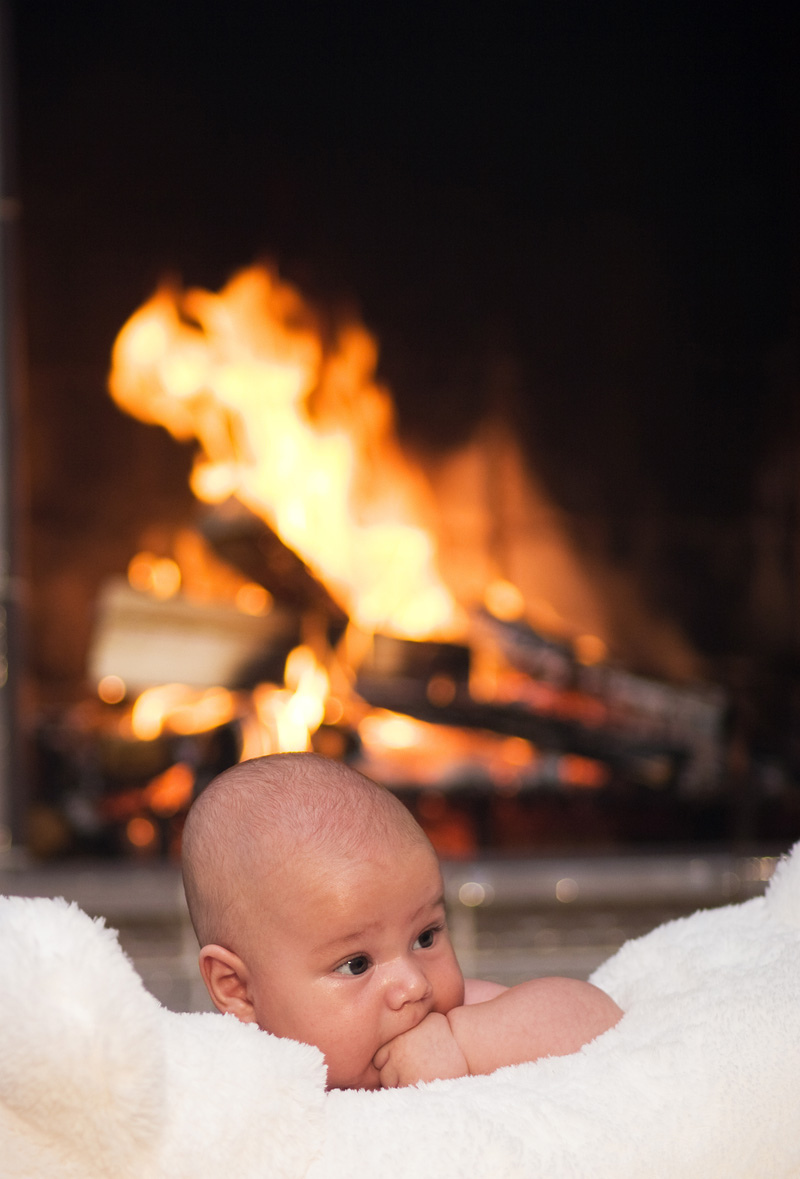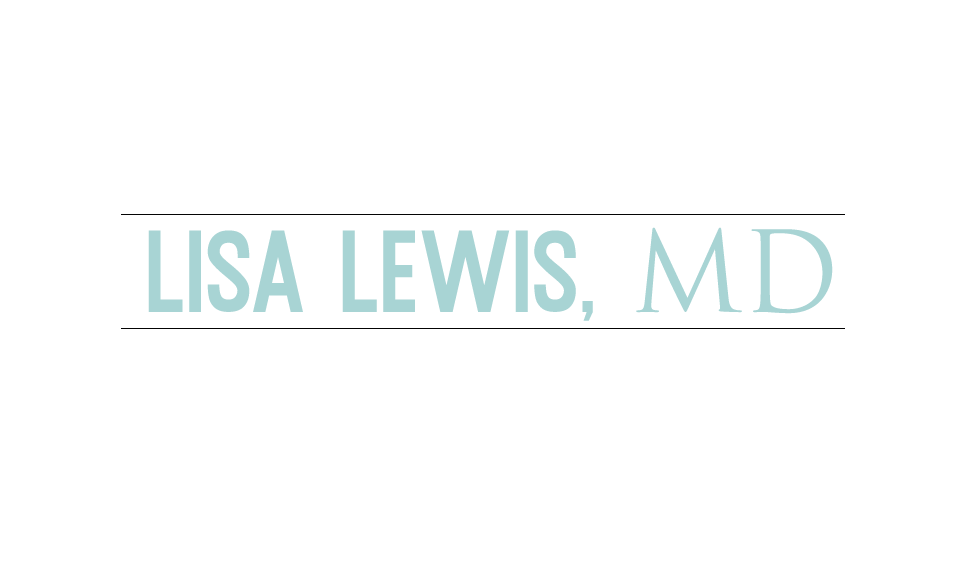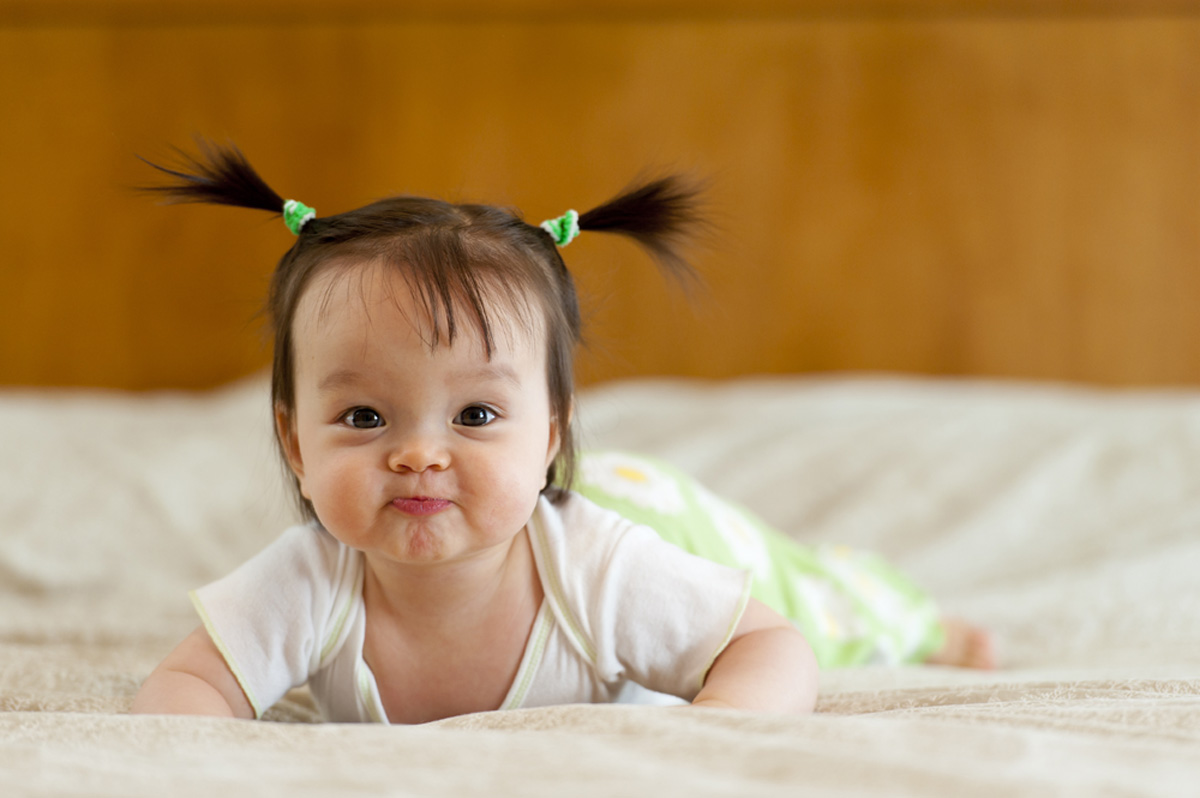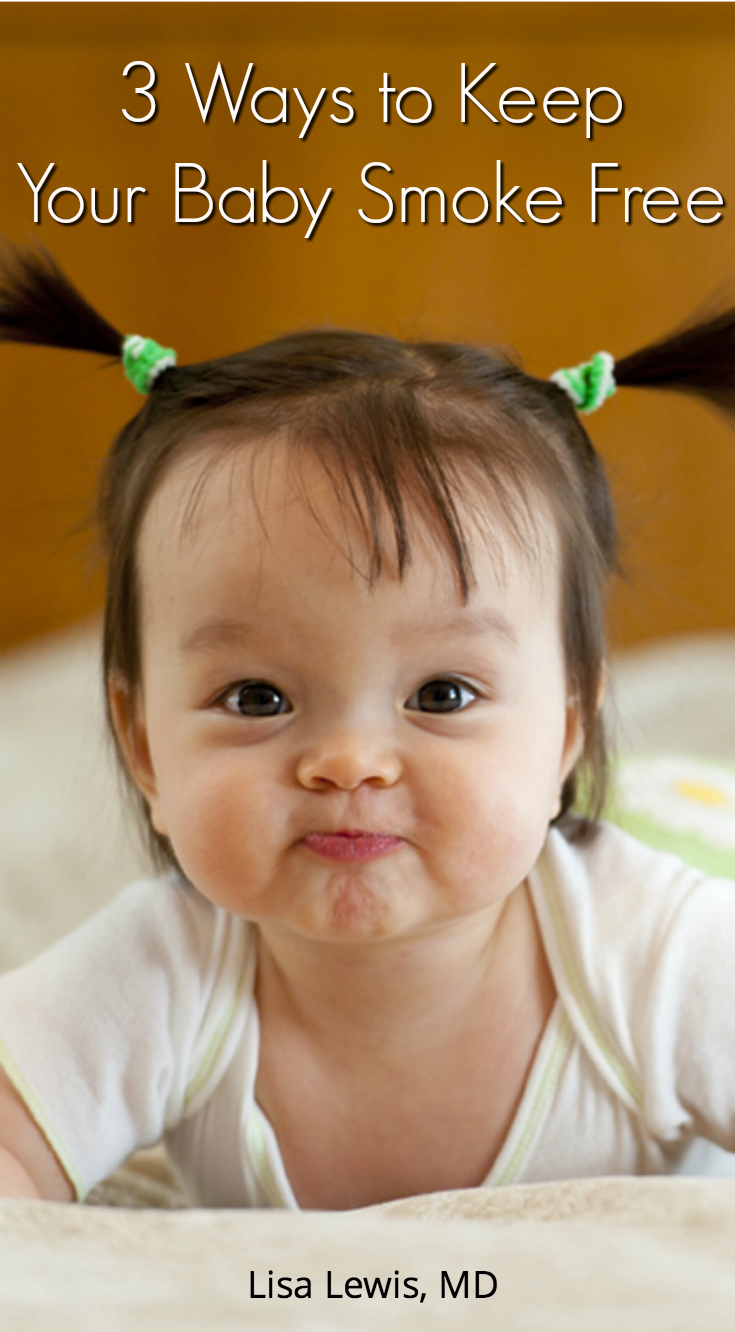3 Ways to Keep Your Baby Smoke Free
Babies exposed to smoke may have health consequences for the rest of their life. Secondhand smoke is exposure anywhere in the air your baby breathes. If a baby is exposed to secondhand smoke, he has an increased risk of SIDS (Sudden Infant Death Syndrome). Exposed babies are also more likely to have more infections, wheeze, and altered immune systems; and they are likely to grow more slowly and have a higher risk of cancer later in life. Smoking while pregnant lowers the amount of oxygen the baby in your womb receives. There is an increased risk of stillbirth, miscarriage, low birth weight and premature delivery in smoking mothers.
If a family member smokes, they must smoke outside.
Your baby should not travel in a car that has been smoked in within one month. If your car has previously been exposed to smoke, give it a good cleaning and air it out for approximately one month before allowing your baby to travel in it. Airing it out entails leaving the windows cracked at least two inches for 12 hours per day. If this is a crime hazard (for cars that sit outside), air the car out while you are driving and at other times when you can see the car. Remember, if a window is open in the home or car while you are smoking around a baby, the baby is still exposed.
Avoid restaurants and visiting houses of smokers.
This is a hard rule to follow if a family member smokes, but it’s necessary for your baby’s health. Even if the family member opens windows before you come over, residual toxic chemicals are still present in the home.
The no-smoke recommendation extends to fireplaces and any other forms of smoke.
Burning wood emits toxic chemicals that may be harmful to your baby, taking place of the clean air your baby breathes. Smoke from wood may cause some of the same problems as smoke from a cigarette. Wood-burning fires may feel and smell good to you, but don’t take the risk with a baby in the house. Any other form of smoke forms chemicals that may be harmful to your baby. Firecrackers, car smoke and even science experiments should be avoided when possible.

Smokers find it very hard to quit, which is understandable as their bodies are chemically addicted. Quitting smoking during pregnancy or while children are in the house is ideal. If you or someone you know needs to quit smoking, check with your doctor to see what resources are available. For more information on the effects of smoking on babies and unborn children, please consult the Centers for Disease Control and Prevention (CDC) at www.cdc.gov.


